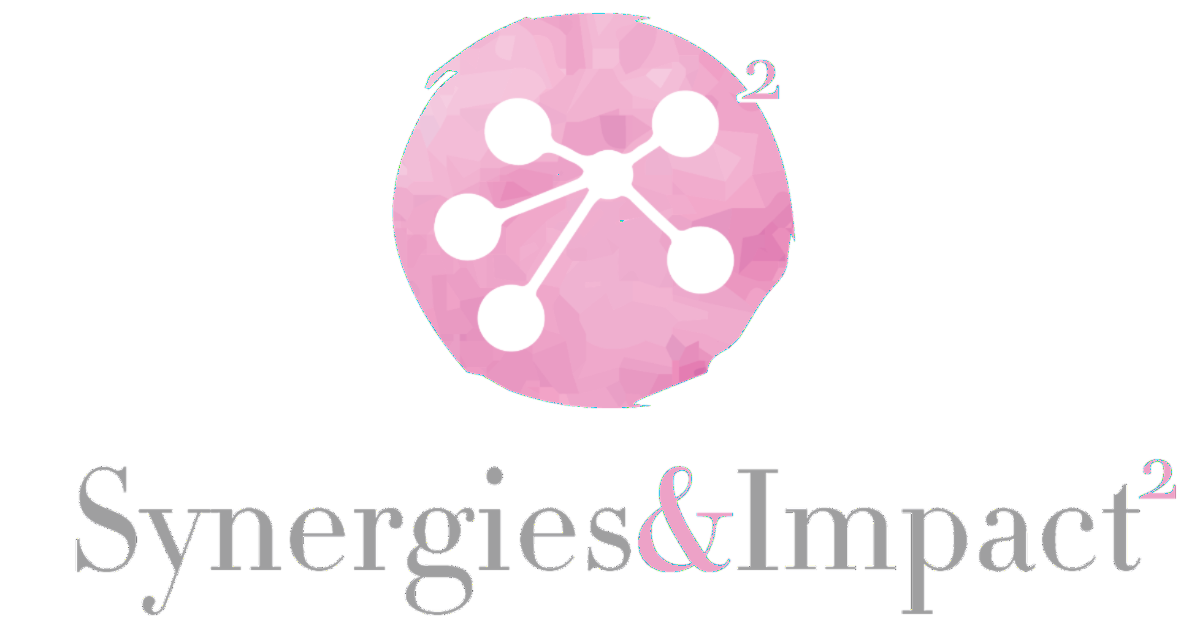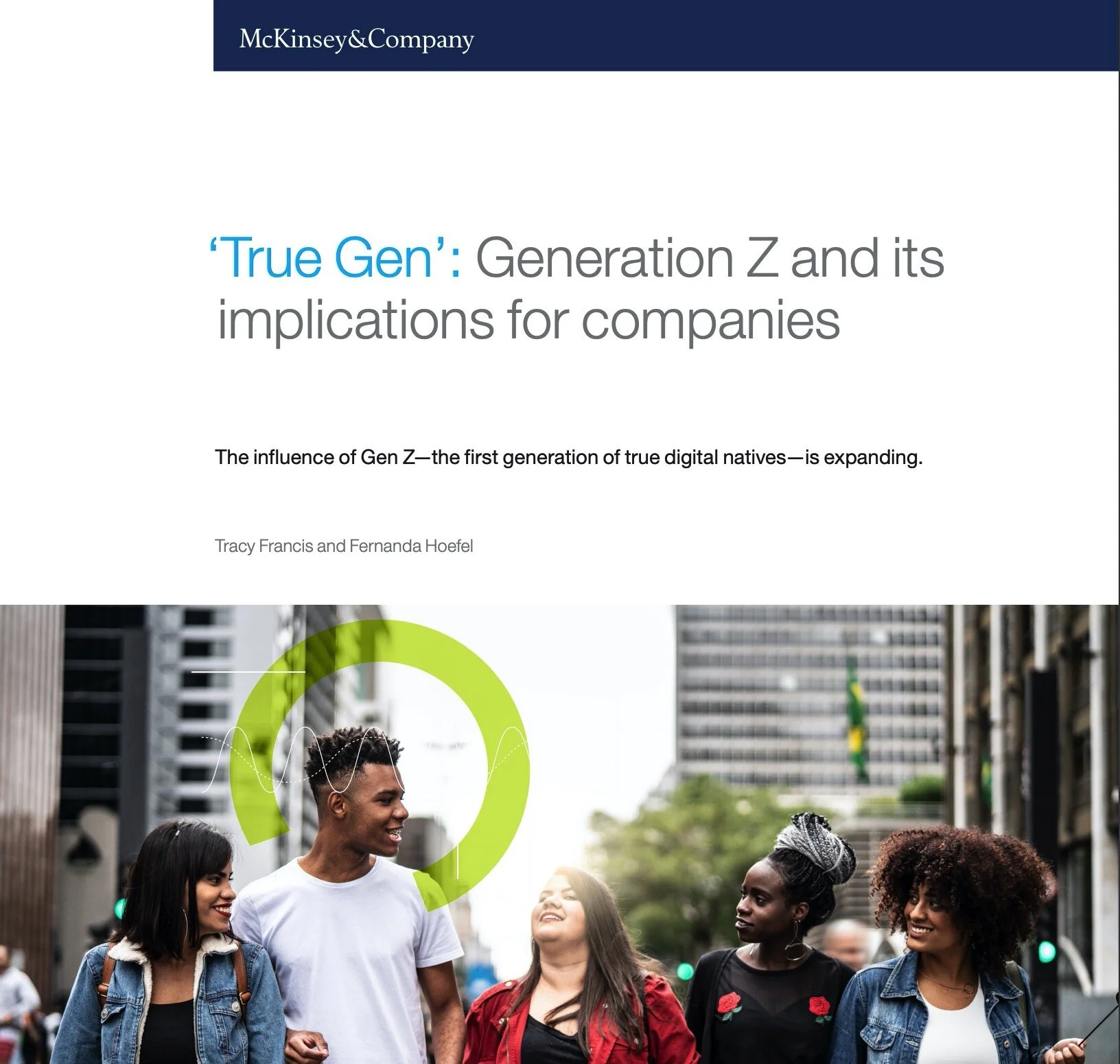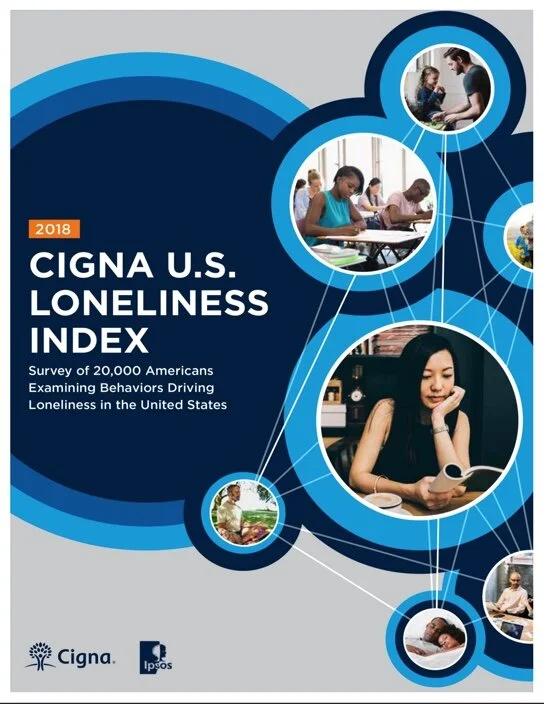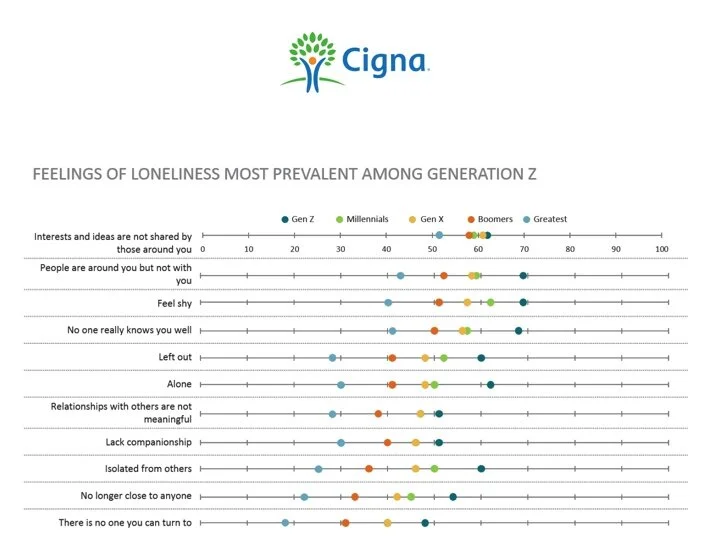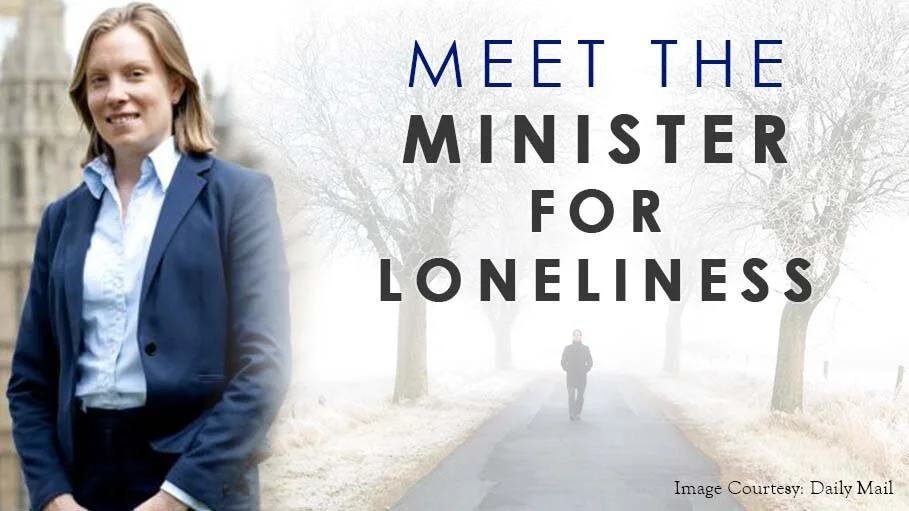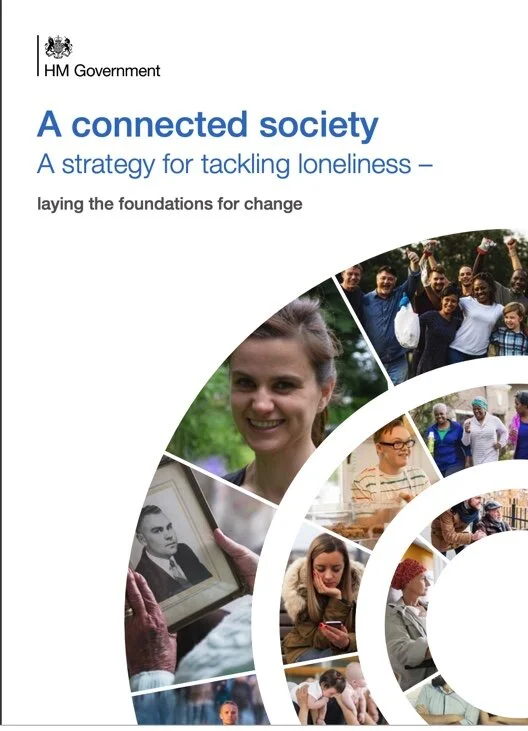What’s in it for me?
Who are you, Gen Z?
Dr. Nabeel Akram
The renowned humorist Dave Barry once said, “to an adolescent, there is nothing in the world more embarrassing than a parent.” Many of us tend to think that way about our children. This is what we think they think. It is frequently a topic of the dinner conversations with friends and family, with an anecdote or two about our kids to bring the point home. This is an icebreaker among parents waiting outside the school for their children to come out at the end of the day, or while watching the kids play a soccer game, or something of the sort. The conversation about our children centers around this broad theme most of the times. And that’s not all. These kids are growing up with lots of labels too. Aimless. Rude. Blunt. Tech-dependent. Lazy. Ignorant. Impulsive. Undecided. But come to think of it, this is the first generation with a genuinely all-encompassing digital experience growing up. They are tech-savvy. They are now entering the workforce. This is Gen-Z.
Born between 1995-2010, these new challengers in society, who question the conventional norms in their unique way, are making their impression already. This generation is emerging with their distinct traits and preferences in the consumer markets that has got businesses scrambling to know them and marketeers and workplace gurus to scratch their heads to predict their behavior. According to a survey conducted in Brazil by McKinsey & Company, where Generation Z or Gen Z already makes up 20% of the country’s population, the behaviors that are characteristic of this generation are truly anchored in one basic element: Gen Zers’ quest for truth!
“While many of these transgender teenagers are unable to go out to without being afraid to be subjected to harassment in Istanbul, here is my friend Ada, a 17-year-old trans male, sitting bravely in an underground cafe located in a very conservative part of the city, drinking ‘çay’, the Turkish black tea, and challenging the stigma.”
This generation does not want to be defined by labels, the study asserts, but rather indulge in social experiences and experiments that would eventually shape their identities. They hate stereotypes. While most of the Gen Z would prefer to be grounded to their beliefs and faith, they are much more open and tolerant to other ideas and themes, as compared to the Baby Boomers, Generation X or even Millennials.
They are radically inclusive, the study suggests. Gen Z are at ease in moving between groups and communities as long as they think and believe that it serves the cause they promote. The study terms Gen Z as ‘communaholics’. These characteristics are easily comparable to many in different parts of the globe.
As much as many of us would think of them as blunt and rude, the majority of Gen Z are believers in dialogue and are at ease with difference in opinions. Even if the opinions of others are in conflict with their own values, Gen Z tends to have a fairly greater acceptance of it, without abandoning what they themselves believe in. At the same time, they want to be listened to, as well. In a New York Times (NYT) article, they express their frustration of not being heard on their views on gender preferences, on so-called societal norms that men can’t show feelings and why it is considered weak, and on not to be taken for granted that all parents give their unconditional love to their children. Some feel abandoned even by their own parents if these youth choose to express their views which may be in conflict with the conventional, cultural opinions. Parents would abandon their children, in many places, if the children have different sexual preferences.
“While we may not have all the tools it takes to solve every problem that comes our way, we can provide radical perspectives on issues that adults may not have.
We are pitted against each other in an education system that rewards the wealthy but punishes the poor. ”
Generation Z is more realistic, pragmatic and analytical than their predecessors. They are more inclined towards saving for the future and stability in their work. Connecting their work with social impact will remain a priority for Gen Z.
“We are the first generation to acknowledge climate change as a fact, not a government ploy to regulate the business industry. I took this photo on 35 mm film, at my first school strike for climate change. Students across the nation left their classes to show their support for the cause, by protesting the lack of action on the issue. In the image, you can see the stairs from the underground metro in downtown LA (City Hall) being swarmed by my fellow high schoolers.” - Cole Alan Blair Renshaw.
The Learning Network, The New York Times Dec 5, 2019
However. This generation is getting tired of it all, as well. Tired of the rants and rhetoric of their elder generations to tackle the most fundamental and yet crucial issues in the communities both at the local as well as global levels. Their quest for truth and their passion for making collective changes in the society have stirred many remarkable movements recently. In Hong Kong, kids with rocks and bottles fought for their rights of democracy and free will. What started as a protest against an extradition bill, turned into a much higher purpose and cause for which these young people are not bowing down until they achieve it. When school shooting in the US became a political mockery, it was Gen Z in schools, which led the student movement to escalate the attention. The school students in Parkland, Florida reignited the debate on gun laws and one of the shooting survivors, Emma Gonzales’ speech has national resonance. Her speech’s concluding refrain, ‘We Call BS’ turned into a popular slogan and eventually led to March for Our Lives and then later on turned into a Never Again campaign. Greta Thunberg, 16-year-old and Time magazine’s Person of the Year 2019, rose from a solitary protest on climate change in Stockholm to eventually lead a worldwide movement in no time. Edward Felsenthal, Editor in Chief of Time magazine began his argument on why Greta is Person of the Year, with these lines, “It all began with a storyline familiar to every parent of every generation in every corner of the globe: an indignant teenager and a sudden burst of rebellion.” Solidarity Students March in Pakistan, Black Lives Matter, and several local youth-led movements have reconfirmed the passion for a cause this generation embodies. Nobel laureate from Pakistan, Malala Yousufzai also belongs to the earlier members of the same generation born in 1997.
There are too many expectations from this generation as well. In the same NYT article referenced above, https://www.nytimes.com/2019/12/05/learning/a-portrait-of-gen-z-winners-of-our-second-annual-student-photo-contest.html young people express their frustration, “how we are expected to know already what to do with our future. But we are still so young. Being next to teenage-adult border is not easy.” Another contributor shares, “it’s drilled into our minds from young age that there’s a strict pattern to success that must be followed.” “In the age of hover-parenting, there is a common misconception that children and teenagers must always have a reason, an idea, a purpose for their actions, rather than walk and explore aimlessly.” They are not as impulsive in their relationships as previous generations and have a greater regard for meaningful, longer-term partners in life.
Gen Z was born in a different context than other generations. They have seen 9/11 and the recessions of 2000 and 2008. Wars, religious hatred, global terrorism, social upheavals, migrations, social networks, apps and IBM Watson. Comparatively speaking, my generation, Gen X, has been termed as more materialistic, competitive and individualistic since it went through the times when capitalism and meritocracy dominated and these concepts were appealing to most of the world, and consumerism had a new meaning with media and advertising. In contrast, millennials went through the times of globalization, economic stability and witnessed the times when internet was introduced to the world. Millennials are thus considered as questioning, globalists and oriented to self.
With all the societal pressures and expectations, it is not a surprise that this generation goes through a lot despite of the fact that it also has its own ways and means of dealing with it all. However, according to studies, despite their resilience, this generation might be the loneliest as well. There are growing number of adolescents and youth between the ages of 10-24 years who are stressed out or have frequent episodes of anxiety and depression. This age cohort, in contemporary times, makes up most of what we term as Gen Z.
Last year, a global health service company, named Cigna, studied 20,000 Americans and examined their behaviors which could possibly drive loneliness among different groups. The study used frequently referenced UCLA’s Loneliness Scale for the purpose to design their study. The results were quite revealing, if not entirely surprising. Gen Z is lonelier as compared to others and also claim to be in worse health than older generations. Contrary to the popular belief, the study argued that social media is not a predictor of loneliness and among the study respondents, the loneliness score of those who were defined as heavy social media users, was not different from those who rarely or never use social media. Instead, it’s the levels of in-person interaction, wellness - both physical and mental, and the balance in life decisions and choices, which are better predictors of loneliness than social media usage.
Cigna US Loneliness Index 2018
Mental health issues are becoming an increasing burden of illness in most of the countries. It is not confined to a certain gender or race or even socioeconomic status. It is not a worry of the affluent only. It cuts across all segments of the society in both developed and the developing worlds. The loneliness problem is increasing with epidemic proportions. It is no wonder that last year in Jan, UK’s Prime Minister at that time, Theresa May, created a role in her cabinet for the country’s first Loneliness Minister, Tracey Crouch. While announcing the new position, May said, “for too many people, loneliness is the sad reality of modern life.” Earlier on, Jo Cox Commission on Loneliness in UK had reported that more than 9 million people in Britain often or always feel lonely. This makes 14% of the population in the country and according to another estimate, this costs $3.5 billion to employers in the UK. A large part of this population is young people. The government has come up with a comprehensive strategy to address loneliness epidemic called, ‘A Connected Society’.
In his Op-Ed column in NYT, Dr. Inger E Burnette-Zeigler, a clinical psychologist, writes about a call that he receives from a friend who was panicking about his 22 year old brother when he sent this text message:
“Thank you for all that you’ve done to try to help me,” it read. “Nothing has gone right for me in life. I don’t have a job, any friends or a girlfriend. I hate being alone all the time. I feel like a failure. You and everybody else would be better off without me.”
The text did sound like a suicide note. And it does seem like an eerily familiar situation with a lot of young folks in our communities https://www.nytimes.com/2019/12/16/opinion/young-black-people-suicide.html?action=click&module=Opinion&pgtype=Homepage.
The columnist rushes to the individual to provide help in this particular case but makes the argument that many youths are not able to access any immediate support and that the number of suicide attempts is increasing among black youths in US. This is equally alarming for the youth of other races and ethnicities. Earlier this year, in Pakistan, a leading newspaper, Dawn, published results of a survey under its featured article, Pakistan’s Silent Suicide Problem’. The article shares stories of mental health illnesses, suicide attempts and the agony through which the families go through after the fact. The context of these stories might differ to a certain extent with those in the US and UK, but the precursors and triggers of the problem don’t differ much from anywhere else in the world. One of the stories is about Emad and how he ended up taking his own life. Her mother, Atiya Naqvi, a clinical psychologist in Karachi, wrote the story ‘Losing Our Son’ with utmost eloquence, love and truthfulness. Emad left a note for his family and also a two-hour long video to explain why he decided to take his own life. Referring to the suicide note/film, his mother described that “… he couldn’t believe a mediocre person like him could achieve all that he had and so there had to be something wrong, which needed to be ended.” “ … he didn’t believe he was good enough, and that his current life of success and achievement was an illusion. He didn’t want this illusion to end and so he wanted to end his self-described “mediocre” life.”
Unfortunately, there are many stories like that around the world. And most of these unnecessary deaths and suffering from mental illnesses are preventable. This is such a waste of the remarkable potential and promising talent of our children.
Gen Z is relentless, resilient and extremely intelligent. They have quest for the truth, ability to dialogue, selfless preponderance for causes larger than their own individual self, pragmatism, inclusivity, and also unprecedented access to diverse information literally on their fingertips. In an era when technology flirts with human behavior intimately, these attributes of Gen Z position this generation in a unique situation in human history to bring about unprecedented changes that can affect lives of millions around the world in positive and transformative ways. What we need to do is to invest in them, help create opportunities, open up channels for them to express freely, and let them just be themselves!
